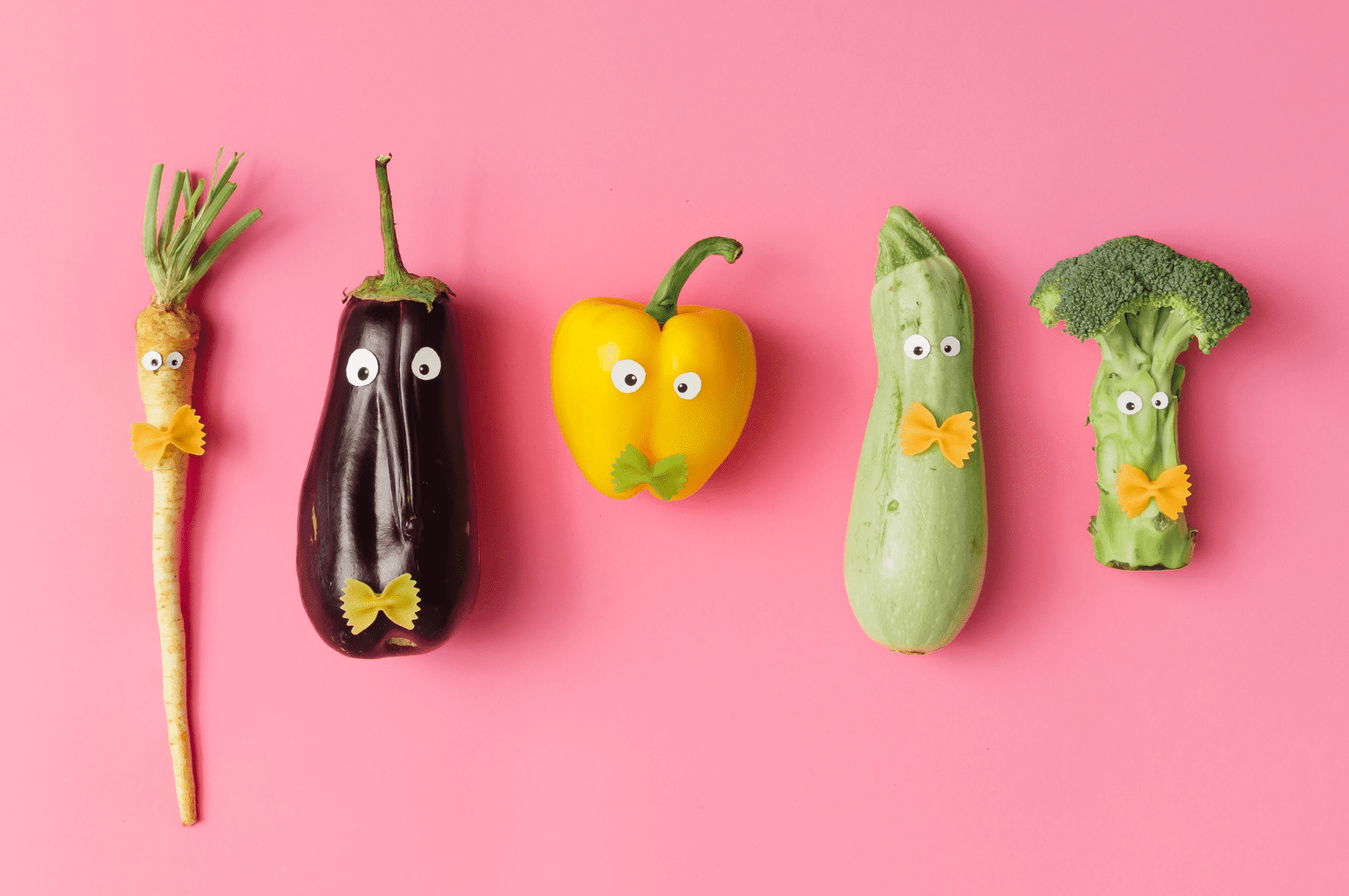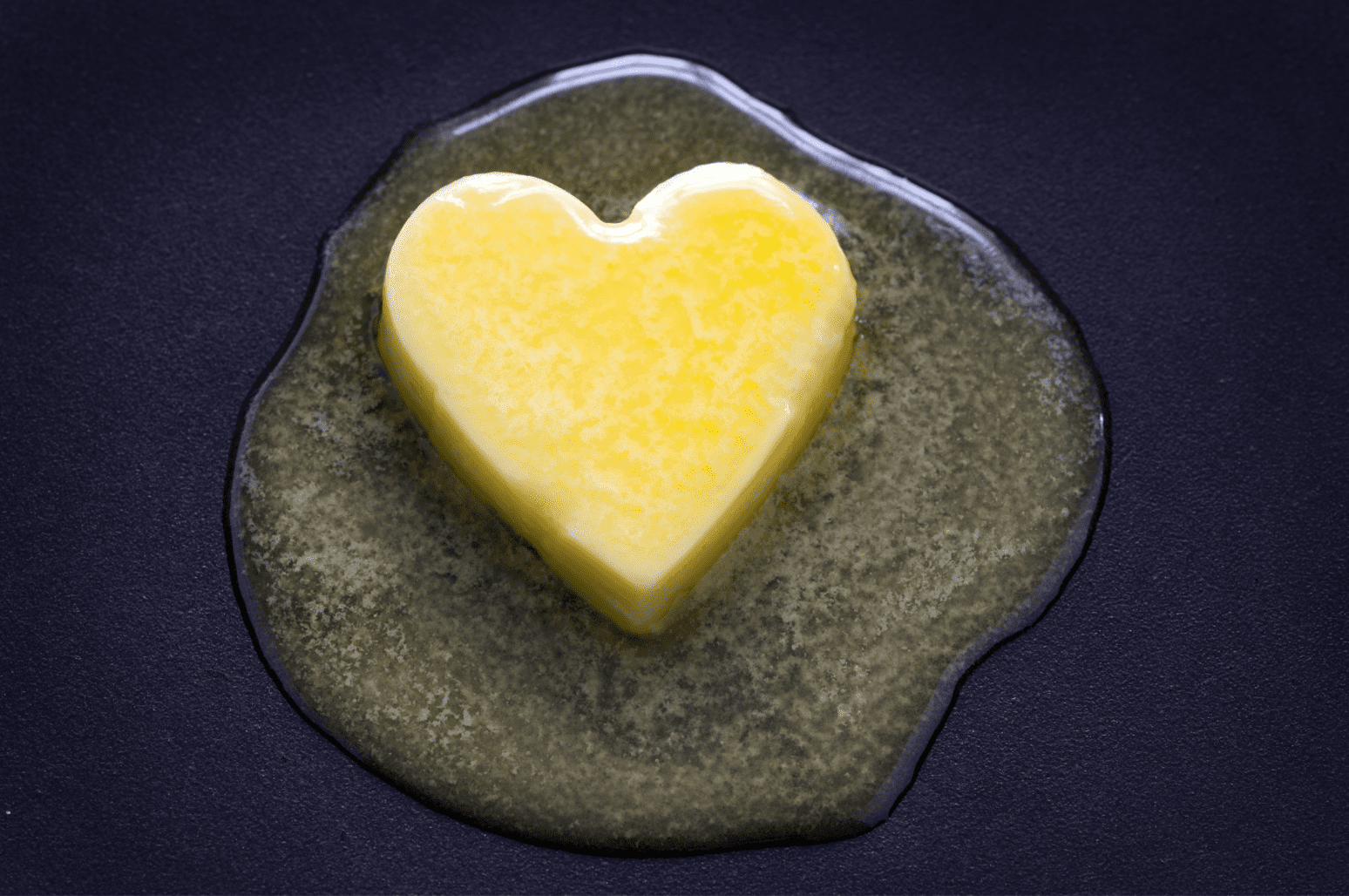
Water is an important element of our everyday lives, especially on keto. In the beginning of your journey with the ketogenic lifestyle you should make sure you are getting adequate amounts of liquids, especially water, to replenish all water lost. When you cut down on carbs, your body begins to search for an alternative source of energy–fat and ketones. You may notice that in the first few weeks of keto you are urinating more than usual. If you’ve got the “how much water should I be drinking in a day?” question stuck in your head, read on to find out what amount is best.
Does Keto Cause Dehydration?
Not exactly. Right before you start keto, glycogen is stored in your muscles and liver. There are about three grams of water bound to one gram of glycogen. When you begin to burn through that storage, you excrete water through sweat and urine. [1] That’s why in the beginning you will experience rapid weight loss, which is mostly fluid loss (water weight).
To replenish all the water lost, you have to remember to drink consistently–that can be easier said than done, but there are strategies to help. Not only will it help you to get rid of keto flu symptoms, it will also help you with hydration.
As opposed to the standard Western diet, being on keto will raise your needs for plain water. It doesn’t necessarily mean that keto will dehydrate you–it simply means that lower glycogen levels in the beginning of the ketogenic diet require you to increase fluid intake.
How Much Water Should I Drink?
We all need water to function properly so it’s important to stay hydrated throughout the day. Time and again, the general consensus is to drink eight glasses of water for every 24 hour period. [2] On the other hand, this could be open to interpretation and based on the individual since extenuating circumstances could prove need for even more.

Do you exercise regularly and break a heavy sweat? If so, you may need more water. Do you live in a hot climate and spend time outside? Or do you have a physical job? You guessed it–more water.
How Can I Stay Hydrated?
Every single cell in your body requires water in order to function properly–including organs, joints, and blood. Most bodily processes are facilitated by water as well.
Drinking eight cups of water in a day is associated with positive health outcomes. As mentioned before, depending on your individual health condition you may need to drink a little more.
If you are having a hard time drinking plain water, try to add lemon slices for an added refreshing citrus flavor. You can also add cucumber slices, mint leaves, raspberries and other low carb fruits and vegetables to make it even more appetizing.
Just remember not to use any sugary additives.
Eat the Right Foods
The ketogenic diet restricts carbohydrates to a minimum. That’s why it’s important to know which water-rich foods you can and cannot eat. However, there are plenty of keto-approved fruits and vegetables you can eat that are high in water content. [3]
To increase your water intake you should consume:
- Lettuce
- Celery
- Radishes
- Cucumbers
- Bok choy
- Zucchini
- Strawberries
- Raspberries
- Blueberries
- Broth


References
Popkin, B. M., D'Anci, K. E., & Rosenberg, I. H. (2010). Water, hydration, and health. Nutrition reviews, 68(8), 439–458. https://doi.org/10.1111/j.1753-4887.2010.00304.x
Valtin H. (2002). "Drink at least eight glasses of water a day." Really? Is there scientific evidence for "8 x 8"?. American journal of physiology. Regulatory, integrative and comparative physiology, 283(5), R993–R1004. https://doi.org/10.1152/ajpregu.00365.2002
Guelinckx, I., Tavoularis, G., König, J., Morin, C., Gharbi, H., & Gandy, J. (2016). Contribution of Water from Food and Fluids to Total Water Intake: Analysis of a French and UK Population Surveys. Nutrients, 8(10), 630. https://doi.org/10.3390/nu8100630









